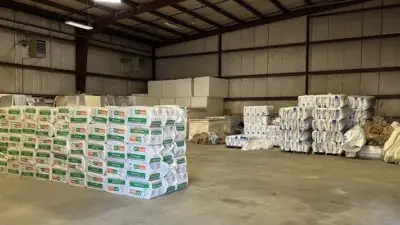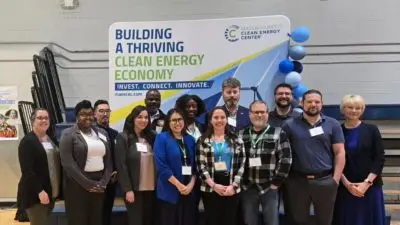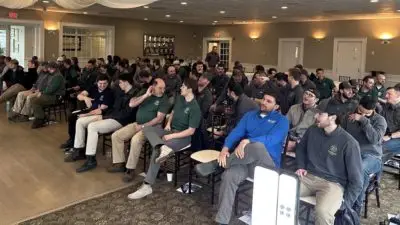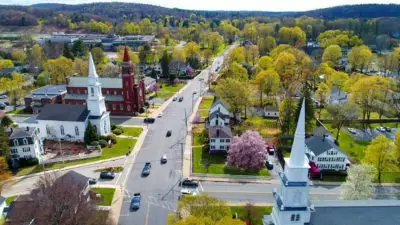Here at HomeWorks Energy, we recently launched a series of weekly blog posts to highlight local companies, nonprofits, and communities that we work closely with and who share our vision of a cleaner, more sustainable Massachusetts. This week, HomeWorks is proud to spotlight Relay Power!
Solar for All
As discussions about climate change continue to dominate headlines and taking action becomes increasingly pressing, investing in community solar can be an easy way to make an impact.
While solar power has been available for many years, community solar is a more recent development in clean energy. Community solar, or “shared solar,” is a way for multiple participants in a community to share the benefits of a solar array. Only about 20% of people who’d like to install rooftop solar panels on their homes have been able to. Community solar is an alternative option for others who can’t install panels themselves, but still want to cut their carbon footprint and save on their electric bill.
By signing up with Relay Power, customers can “go solar,” even if:
- A home’s rooftop faces the wrong way or has too much shade
- A resident owns a condo, or rents an apartment
- A homeowner doesn’t have the money to invest in a solar array
- A homeowner is concerned about how solar panels look on a roof
“This was a great opportunity to take meaningful action to reduce our carbon footprint, with the added benefit of actually paying less for the energy I use at home. It’s a no-brainer for those looking to live more sustainably. For a long time, we have been looking into solar panels for our house but for one reason or another haven’t been able to pull the trigger. This is a great alternative” – Michelle L., Seaside Sustainability Supporter
How does Community Solar work?
With community solar, residents receive credit on their electric bill for production from a share of a remote solar farm located in the region. Homeowners who sign up get credits at a discounted rate, and can start saving on their utility bill from the time shares start to produce.
The developer takes care of maintenance and repairs, and residents can join the project with no upfront investment. Community solar is open to most residents and businesses in Massachusetts who have National Grid or Eversource as their electric utility.
Ready to get started?
Deciding to “go solar” with community solar can make a big difference for residents as well as the community. There’s a reason it’s growing in popularity – it’s an easy way to lower utility bills and carbon footprints. Check out additional resources and reserve a time to discuss in more detail: www.relaypower.com/homeworks








